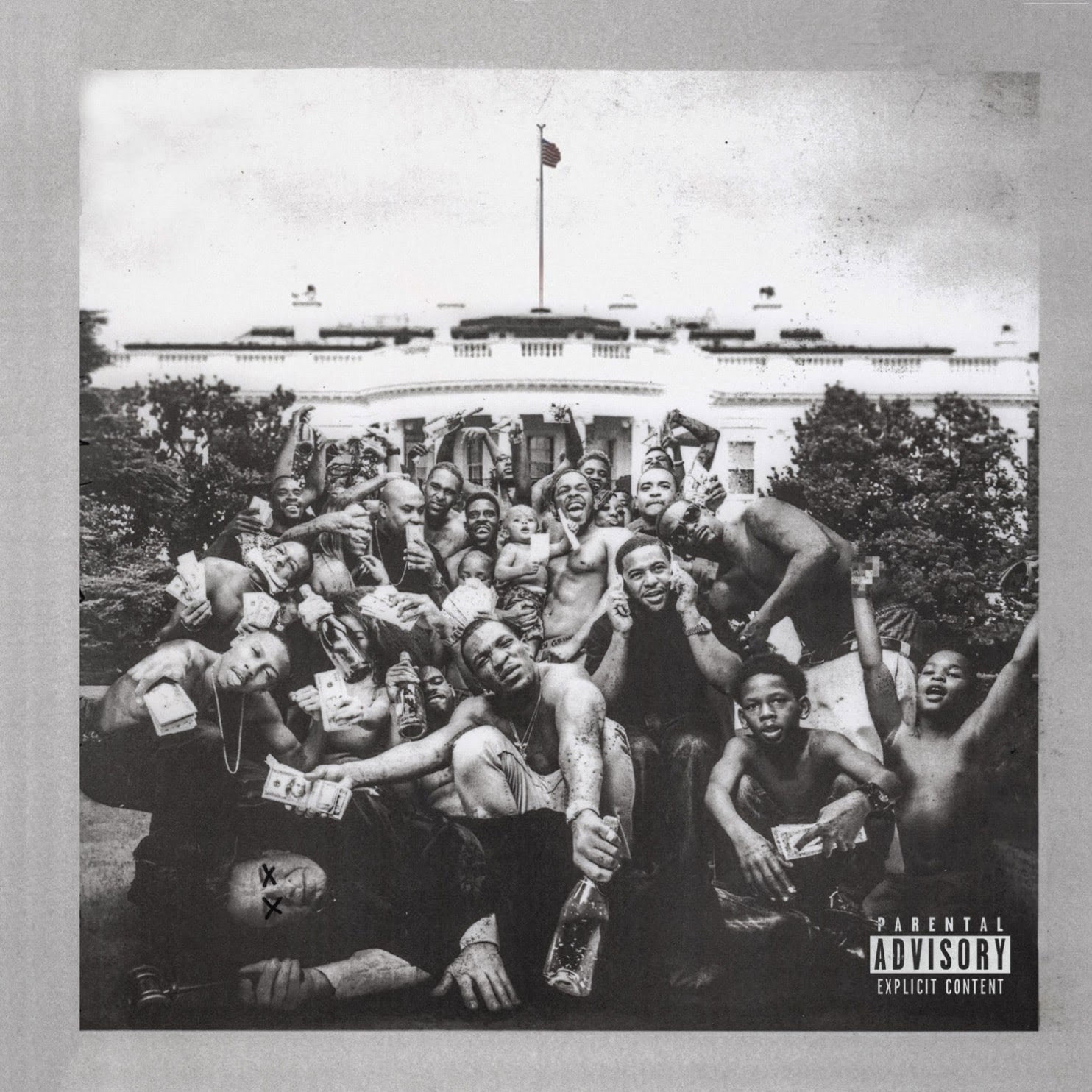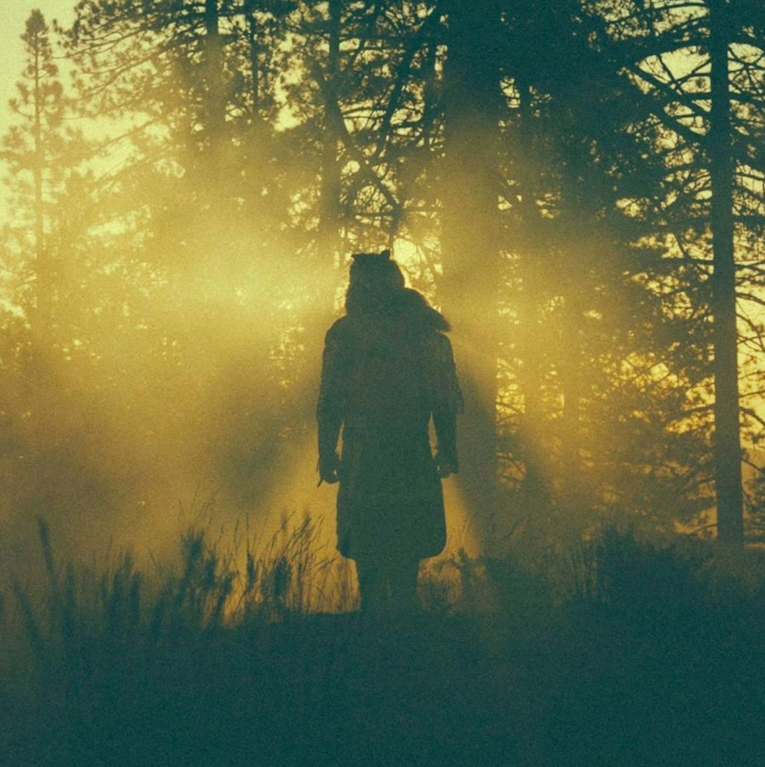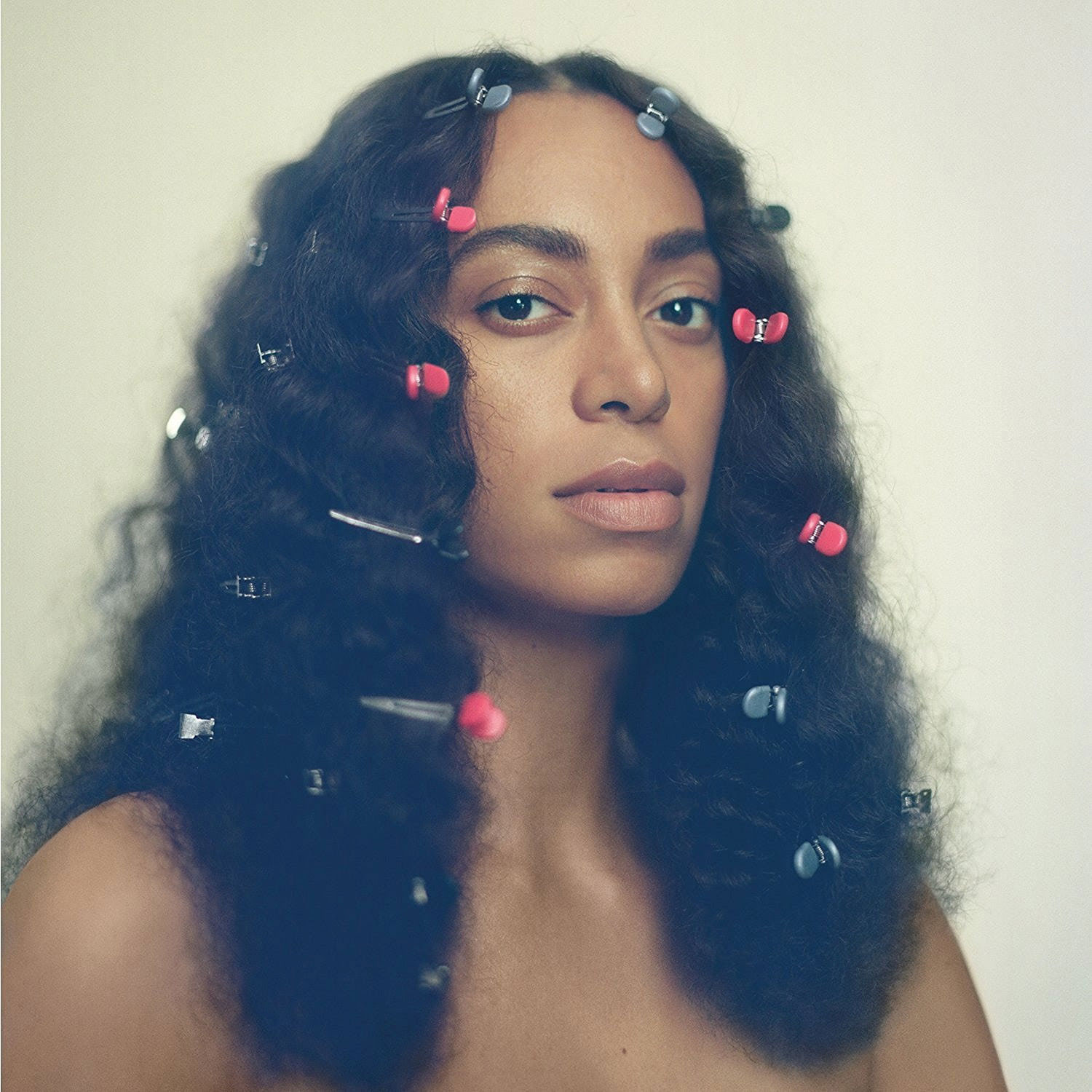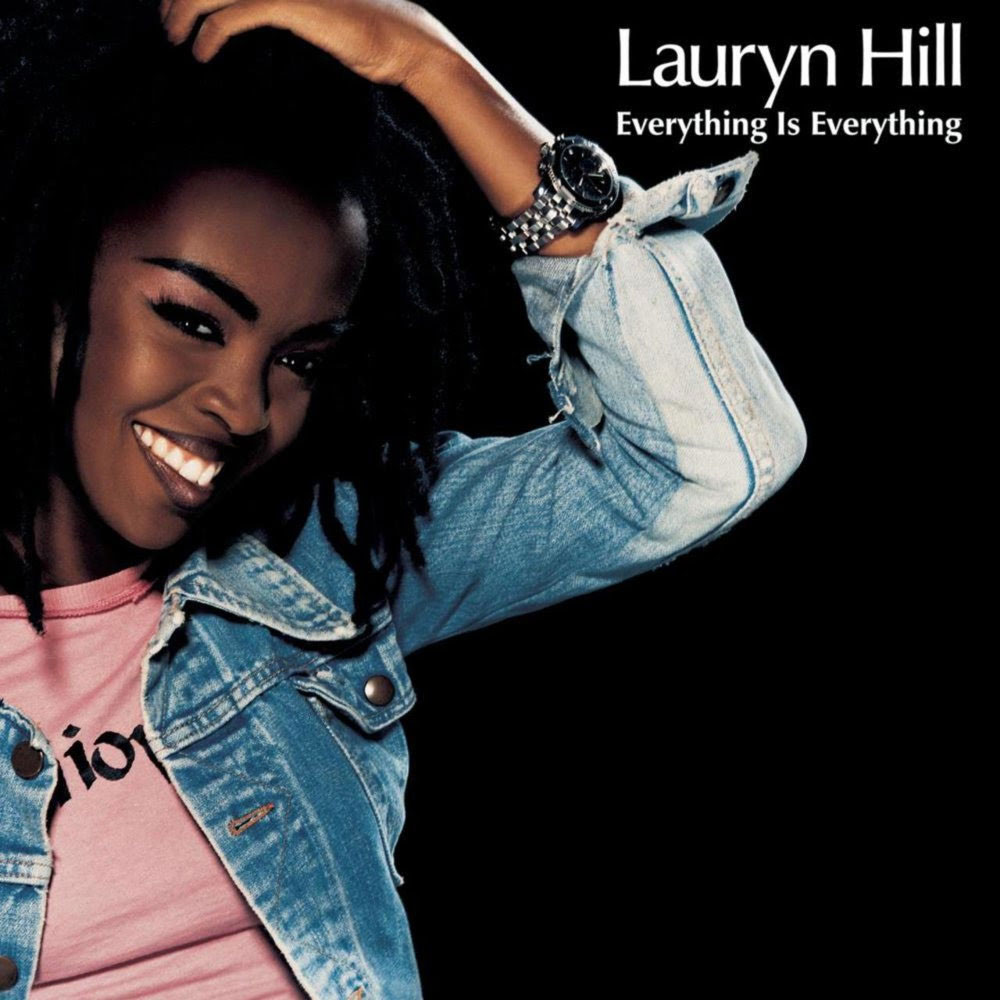Black History Month is a time dedicated to highlighting the success and contributions of black people all over the globe. One way people can celebrate, is by listening to music by black artists. Spanning a wide variety of genres and artists, music allows lyrics about black topics, such as racism or culture, to be fully realized. In honor of Black History Month, enjoy this playlist comprised of powerful songs that celebrate the black experience.
“The Blacker The Berry” and “i” — Kendrick Lamar

Two of the standouts on Lamar’s critically acclaimed 2015 album, “To Pimp a Butterfly,” these tracks purposely contradict each other as “i” celebrates one’s self and blackness, while “The Blacker The Berry” deals with racialized self-hatred. The contrasting ideals of these songs highlight double consciousness, a term coined by W.E.B. DuBois to explain the idea of being both black and American.
“Them Changes” — Thundercat — Kendrick Lamar

Created by multi-instrumentalists Thundercat, Flying Lotus and Kamasi Washington, this track follows a ’70s R&B mood reminiscent of the likes of The Isley Brothers — specifically, their song “Footsteps in the Dark,” which is sampled in the track.
“Don’t Touch My Hair” — Solange feat. Sampha

Solange emerged as a star in 2016 with her album, “A Seat at the Table,” and this track can be seen as the heart of the project’s overall message. Here, Solange sings about her personal experience with hostility in white spaces, and even more straightforwardly, with the microaggression of having her hair touched. This piece can be seen as a denial of this behavior and, more importantly, a strong assurance of personal identity.
“Everything Is Everything” — Ms. Lauryn Hill

This 1998 song describes the injustices and misunderstood struggles that have followed inner-city black youth in the United States for years. On this track, Hill sings an R&B and gospel record with an accompanying appearance by a young John Legend on piano.
“Q.U.E.E.N.” — Janelle Monaé feat. Erykah Badu

This track’s title stands for “Queer community. Untouchables. Emigrants. Excommunicated. Negroid.” It follows Monaé and Badu as they perceive themselves as powerful women who are oppressed. The lyrics follow a unique pattern, with each line showing the women expressing their views on sexuality, religion and race.


